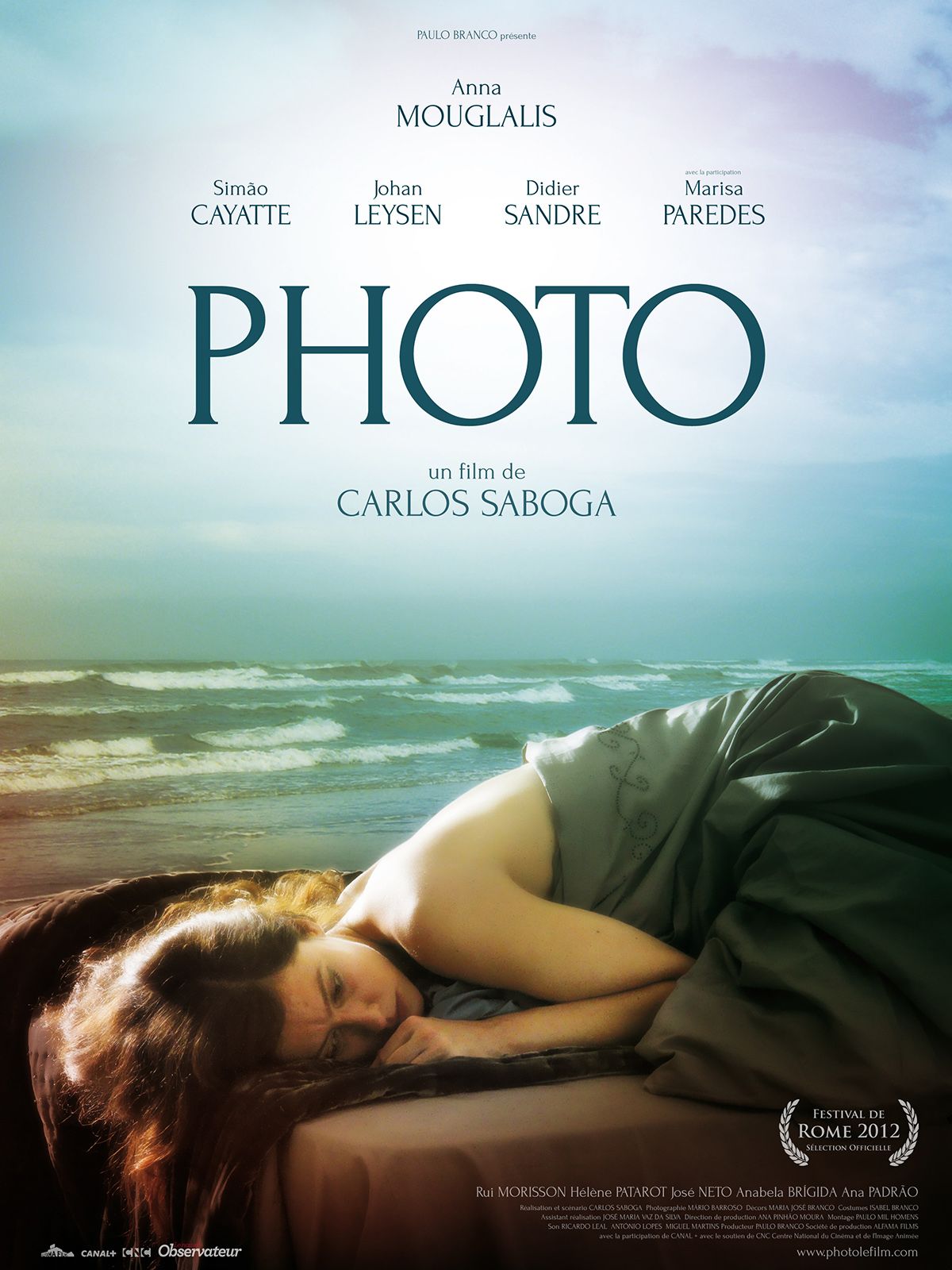Clap Board For Movie Production
Clap Board For Movie Production
Blog Article
Photography was developed on film. Real it began on glass plates, but the bulk of it's life has actually been on film. Whether on plate, roll, sheet or whatever, film has been around since the late 1800's and further became home usage by Thomas Edison and George Eastman of Kodak popularity. Movie defined photography for decades and as such there were actually numerous movie brand names, types, speeds, variations that the user might use. Kodak ranks the greatest with the variety of proprietary movies they made for their cams. Today film in sizes like 828, 127, 620, 120, 110, and 126 are still offered as is many brands, speeds and variations of 35mm. And there are still puts to get it processed!
The point is, that your vision for your film career requires to play an essential function in your option of film school. Nobody else can tell you where to get your movie education; nobody else understands what you want.
Using the readily available mediums of information (craigslist, regional Facebook groups, local filmmaking groups, colleges/universities), construct a crew that will carry out certain responsibilities while on set. The fundamental positions consist of: Director (if you are not directing, which I highly advise that you do Direct), Director of Photography, Sound Devices Operators, Gaffer (lighting operator), Cosmetics, Acting Coach, Clapper, and Production Assistants. A few of these tasks can be multi-tasked to one person, but if you have sufficient people to focus on their specific craft, the smoother it will be during production. Also, check to see if your team members own/have access to the equipment required for shooting. If they do not, that's something else you will have to determine.
Obviously you might simply send your film to your regional laboratory and let them do all the tough work. but. there are numerous reasons why you should develop your own landscape photography films.
Make a list of your top 10 preferred movies. Now take that list and document what, specifically, you liked about each movie. Was it the lighting, the cinematography, the writing, the directing, the variety of locations, the special effects, the editing? As soon as you have that list examine the list and see if there are any patterns. If you notice that you have a wide variety of interests in movie you will be most happy in a school that has a broad-based curriculum which enables you to experience a range of filmmaking functions. If you find your interestes are extremely narrow and include only one discipline, such as writing, you may desire to think about a school that asks you to select a specific focus for instructional experience.
I know it seems like the craft of screenwriting should come initially, however for a very first time indie filmmaker it is very important to understand making movies is a service. You require to be able to make use of, yes exploit, as numerous marketing and item positioning opportunities as possible.
Output. In printing the photos, most digital labs accommodate both film and digital pictures. It is extremely simple to and takes a minimum of 30 minutes or less depending on the lab. You can likewise do film printing in a darkroom.
Trainee movies also shouldn't been taken too lightly. You can go far with a good film. Many students send their work to movie festivals and enter it in contests. You can have your work screened in front of millions if you're picked to provide your movie or it wins a competition. A trainee movie can really be the documentary package stepping stone you need to make your name understood and get you important contacts in the industry. Treat each task with tender love and care you'll make certain to make a great movie!